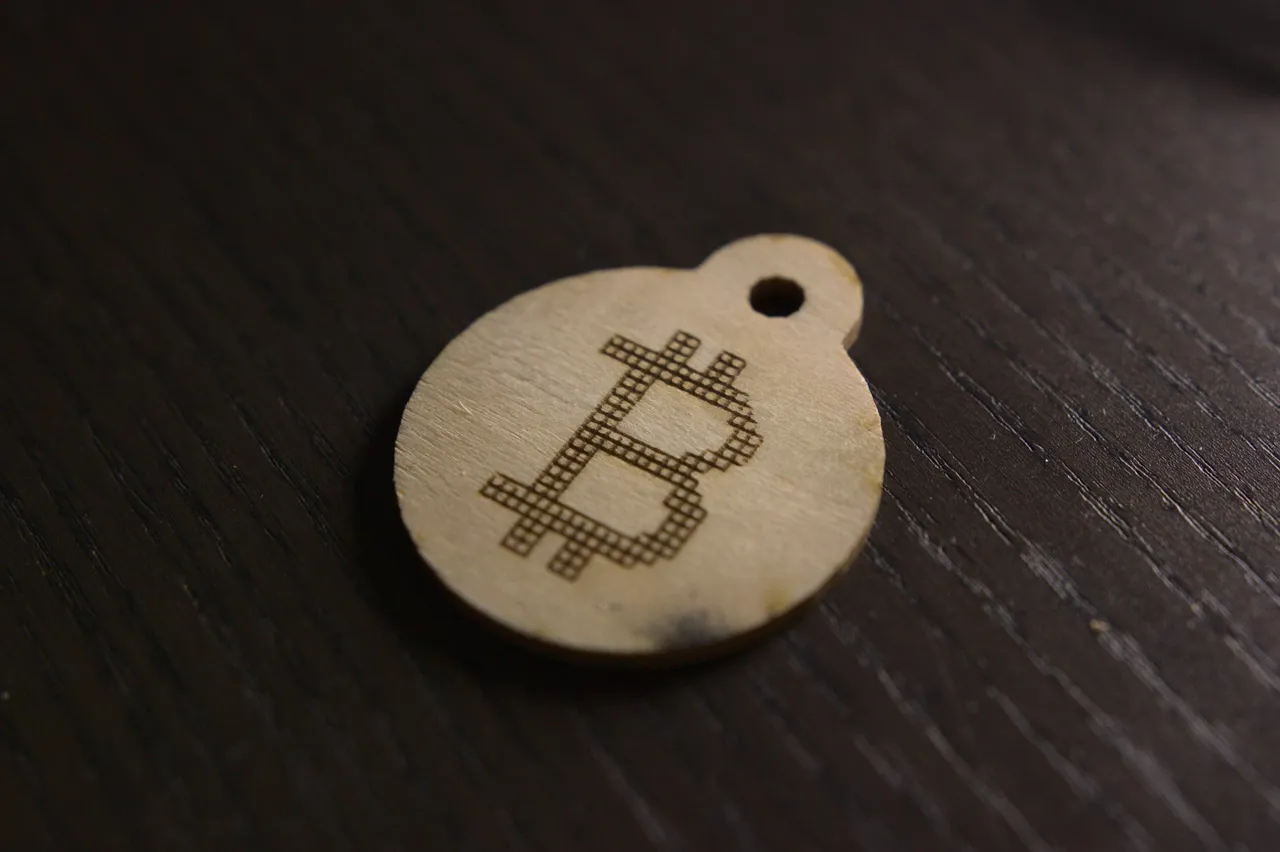
Someone on Twitter said that if your investment sentiment about Bitcoin changes in a bearmarket, you never understood it in the first place. I definitely emphatize with that statement. When I started in the cryptosphere in 2017 I was a complete noob who saw bunch of coins but really had no deeper understanding of anything. Now I've finally reached a point that I understand what Bitcoin is: it's the way out of debt slavery.
The absurdity of our monetary system
The monetary system nowadays because of inflation, forces you to gamble your money in the equity markets to remain your purchasing power. Letting your money sit in the bank is the worst you can do with today's interests they pay: which is basically nothing. Bonds also lose to inflation especially when it rallies – like it has recently – so they're also net loss on purchasing power.
Either you gamble your money or keep working on the hamster wheel. If you work hard and try to save money on the bank for a rainy day, well, that kinda works, it's just that in 10 years you might only have half of your purchasing power left. The conscientious worker who saves money and spends most of his/her time doing something actually productive instead of speculating in the market, gets punished for doing the right thing.
Bitcoin fixes this.
People don't seem to realize that there's something wrong with the monetary system but just take it as a given. When money was in a gold standard or banks gave a good interest, you could save your money and expect it to at least maintain its purchasing power. Now the option doesn't exist without taking risk.
Think what happens during hyperinflation: you immediately spend everything you have, because in a week you get less with it. Your time preference rises (preferring present over future), because you can't plan multiple years forward when you worry whether you'll survive the next week. It's the downward spiral of civilization. Even if we were lucky and inflation was a constant 1-2%, it would just be the same thing in slow motion.
Civilization is predicated on the idea of lowering our time preference: saving the grain, planting it and reaping a bigger yield. In other words, you save and accumulate capital, you invest it and get bigger yield in the future, ie. accumulating more capital. Keynesians have a crazy belief that we can just spend our way out of problems: eating the seed and then assuming there's magically going to be more food on the table in a year.
"But we need inflation to incentivize consumption?" In other words, deflation bad. Well, we've had technological deflation for a long time, yet people keep buying the newest iPhone now despite knowing the next one will be cheaper and better. Why? Because people have infinite wants and they always want more of everything. They don't need to be encouraged more to spend – that is some uttermost bag of bullshit I've ever heard. People need to buy food and have shelter anyway and they will pay for it even if their money goes up in value.
"But we need inflation so that it would be invested into something productive." Look at the crypto market, we have Bitcoin which averages 160 or something percent gain in a year, yet there's people ready to invest into memecoins in the hopes of even bigger gains. Even when there's this deflationary currency, store of value, people are still ready to gamble their money on all kinds of memecoins hunting even bigger gains. People are ready to invest and take risks even with guaranteed gains – even I have some other cryptos despite having the conviction that Bitcoin will increase in value. Well, this might be somewhat bad comparison, because the argument is, that money would actually flow into productive businesses that would yield more than the appreciation of money.
Yeah, deflation of the money supply is bad in a credit based inflationary system where new money is debt and needs to be paid back, because the cost of debt rises when the money supply contracts. The point is: if there were a deflationary currency as a standard, it wouldn't be a problem, because it wouldn't be based on new money mining via credit. Inflation makes credit cheaper with time. This is why the financially succesfull people and business are actually deep in debt with cheap interest, using that to gain more than their debt interest.
Business in an inflationary environment
When inflation is high, bad businesses get funded (zombie businesses), because people put their money in whatever loses less than inflation, which destroys capital. No capital, no investments, no production. Now Keynesians believe that we can just spend our way out of a recession by pumping up the market with fresh cheap credit. Yet that doesn't increase productivity, thus long term the end result is the same: destruction of capital and decrease on productivity. Long term progress can't be achieved by incentivizing people to splur money, that is already tight, on useless shit, getting rid of it even faster. Maybe there's a reason they cut spending, because they've spent all their saving and are too far into debt?
Avoiding debt slavery

Why I have gotten so deep into the functioning of our monetary system and Bitcoin is because it's probably my worst nightmare to have to work as a debt slave. In Finland we have mandatory military, but I chose civil service instead. Might've been a bit of an idealistic move, but in hindsight my biggest problem with it was probably that I was forced into acting by a threat of violence. I want to have the freedom to choose. I simply don't like being forced. Recently I've realized that probably because of this I'm very much libertarian-oriented.
Anyway... Civil service – most of the time I really disliked it, and it really felt like slavery. "Boohoo, what a bad destiny." Well, it wasn't the worst 12 month period one could go through, but because of my principles, I really disliked it, especially when it paid only pennies.
What I'm getting at, is that I want to avoid such a circumstance, as described, in any way possible. I do not want to be forced to slave away out of financial necessity. It is not my naive aspiration of not working on anything my whole life, however. Younger that might've been my dream, but not anymore. I would just like my works worth be able to be stored, if I so choose, and at least maintain its value.
I believe that the monetary environment has a major effect on my generation's outlook on the future and the increasing hopelessness they experience. Even though they can't exactly pinpoint it on the monetary system that robs their value if they don't gamble with it, I think it still weighs on them. The sense we have of less opportunity financially, I think is a real one. I don't think the increased hopelessness can be reduced down to just being a lousy generation.
And you know, even more dim for my generation is that our retirement age will probably be pushed in to the freaking 70s if the trend continues. And according to polls lots of young entrepreneurs don't have faith in the pension system. Me neither, the pension system favored the boomers, but since there's less people in newer generations, it is an increased weight for us to pay them (this is how the pension system works in Finland). I'm honestly not counting on getting a single dime from the government and I have no plans to be a debt slave in my 70s, thus I'm taking finances to my own hands.
It's interesting the effect this has had on my psyche: the more I've studied into Bitcoin, the more certain I've become of it, and the more optimistic I have become for the future, because I know there's a way to preserve my value. It's crazy the rabbit hole Bitcoin can take. Never realized 5 years ago that I would make such profound realizations still after years.
Stacking sats for the future.
